日時|2023年7月4日(火)12時30分~17時
日時|2023.7.4.Tue12:30~17:00
場所|東京大学内
共催|東京大学大学院工学系研究科、
TMI総合法律事務所
生成AIは我々の生活や仕事の仕方を変えるだけでなく、新たな創造性を生みだす可能性を秘めています。その爆発的な発展にますます期待が高まる一方で、人間活動に対する深刻な影響も懸念されています。社会全体を根本的に変える可能性がある、この新しい技術の可能性とリスクについて、各界のリーダー達はどのように捉え、どのような戦略を採用し、いかなる未来を切り拓くことを思い描いているのでしょうか。4つのテーマのパネルディスカッションを通じて、AIが社会にもたらす変革とその本質を深堀し、参加者と共に人間社会の新たな未来像を探求する機会を提供します。
Generative AI has the potential to significantly change the way we live and work, leading to new forms of creativity. While its development is expected to be explosive, there are growing concerns about its negative impact on human activities. How do leaders in different fields view the unprecedented opportunities and risks of this new technology, how are they dealing with the potential to fundamentally change our society, what strategies are they adopting, and what kind of future do they envision? In the following panel discussions on four themes, speakers and participants will explore in depth the changes that AI will bring to society and its nature, and provide an opportunity to explore a new vision for the future of human society with this new technology.
プログラム
パネルディスカッション
- 総合司会:山野 泰子 東京大学 未来ビジョン研究センター 講師
- 第1部|生成AIが切り拓く未来
- 第2部|行政機関(政府・自治体)における生成AIの利用と課題
- 第3部|広島AIプロセスについて
- 第4部|生成AIと研究・教育
開会挨拶
東京大学 総長
藤井 輝夫
このシンポジウムの背景と意義について紹介と、東京大学における取組についての説明と共に、このシンポジウムの開催が宣言された。
The background and significance of the symposium and related efforts at the University of Tokyo were presented. The symposium was declared open.
祝辞
内閣総理大臣
岸田 文雄
首相から生成AIに関連するさまざまな期待や課題、展望について包括的なお話があった。我が国が今後、この新しい技術をどのように利用し関わりあうべきか、競争力の増強やリスク低減のための政府のさまざまな取組も含め、ビジョンが示された。博士課程、修士課程に所属する大学院生2名の質問を受け、国や産業界、学術界の果たすべき役割などについて、丁寧にお答えいただいた。
Prime Minister Kishida gave a comprehensive speech on various expectations, challenges and prospects related to the generative AI. He presented his vision of how Japan should use and interact with this new technology in the future, including various government initiatives to increase competitiveness and reduce risks. In response to questions from two Ph.D. and master's students, he shared his views on the roles of government, industry, and academia.
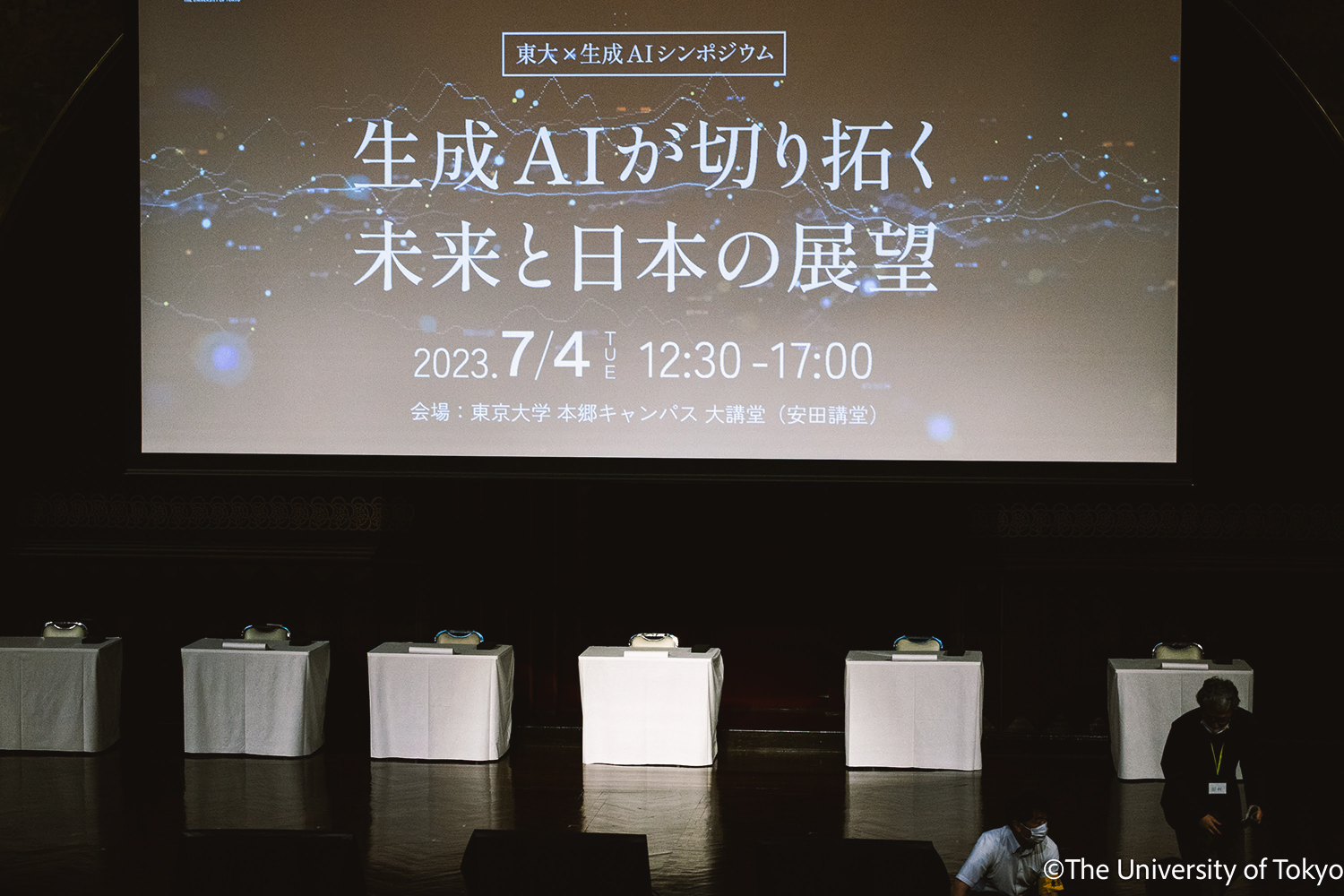
.png)
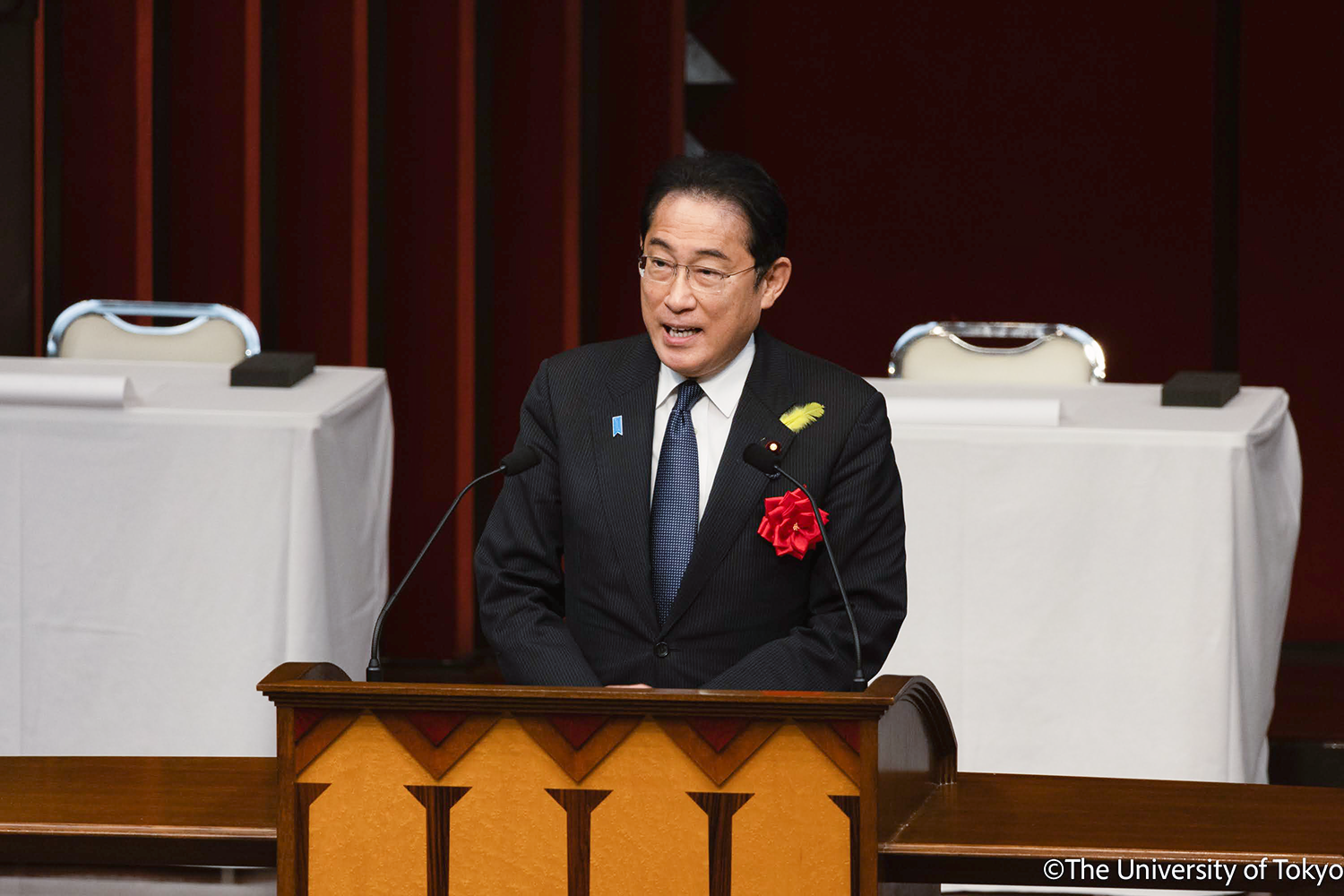
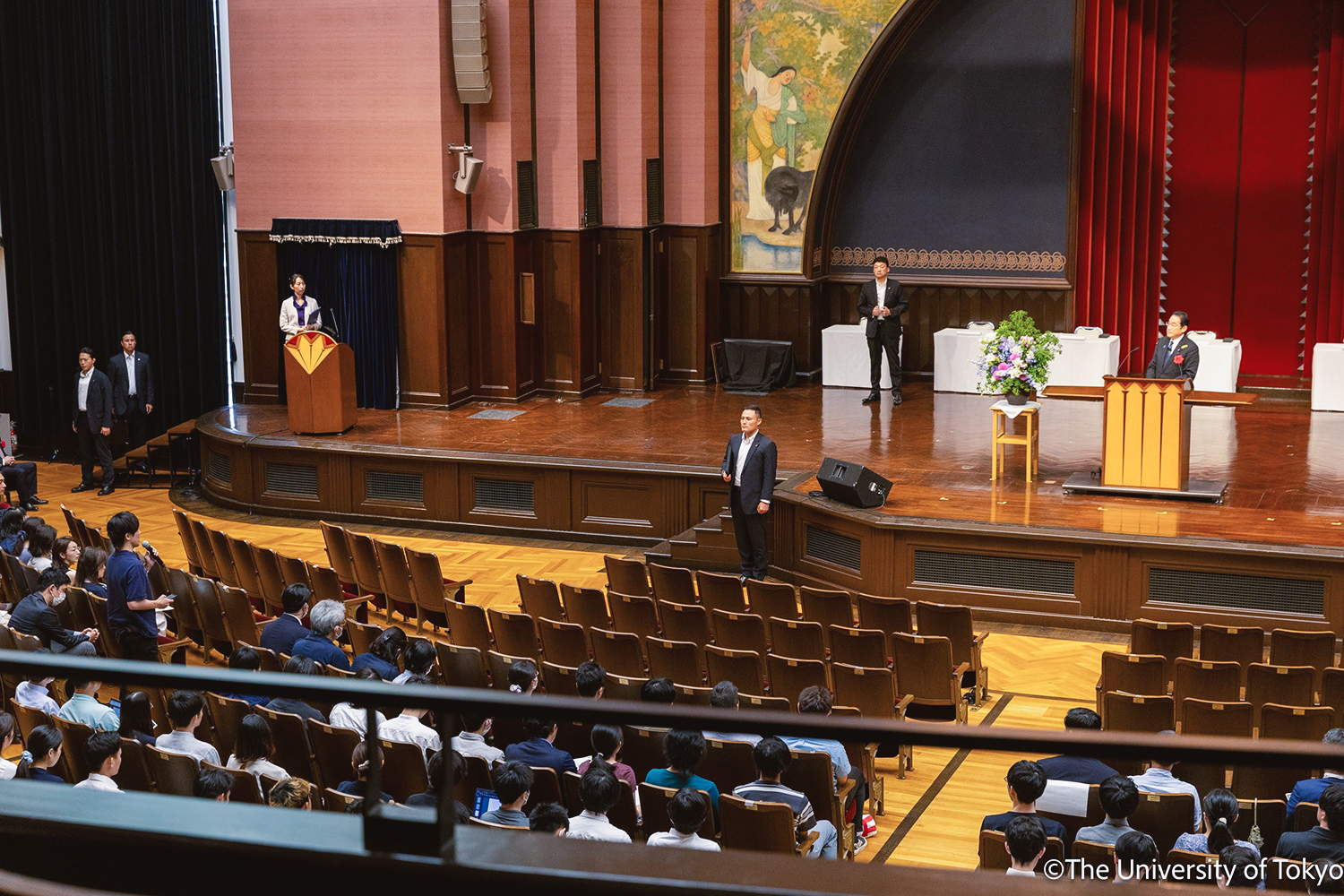
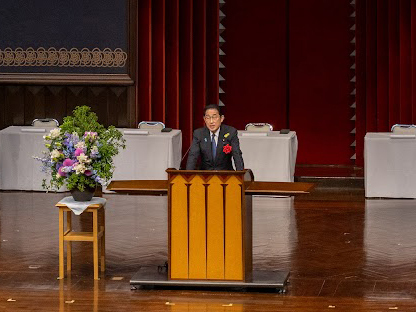
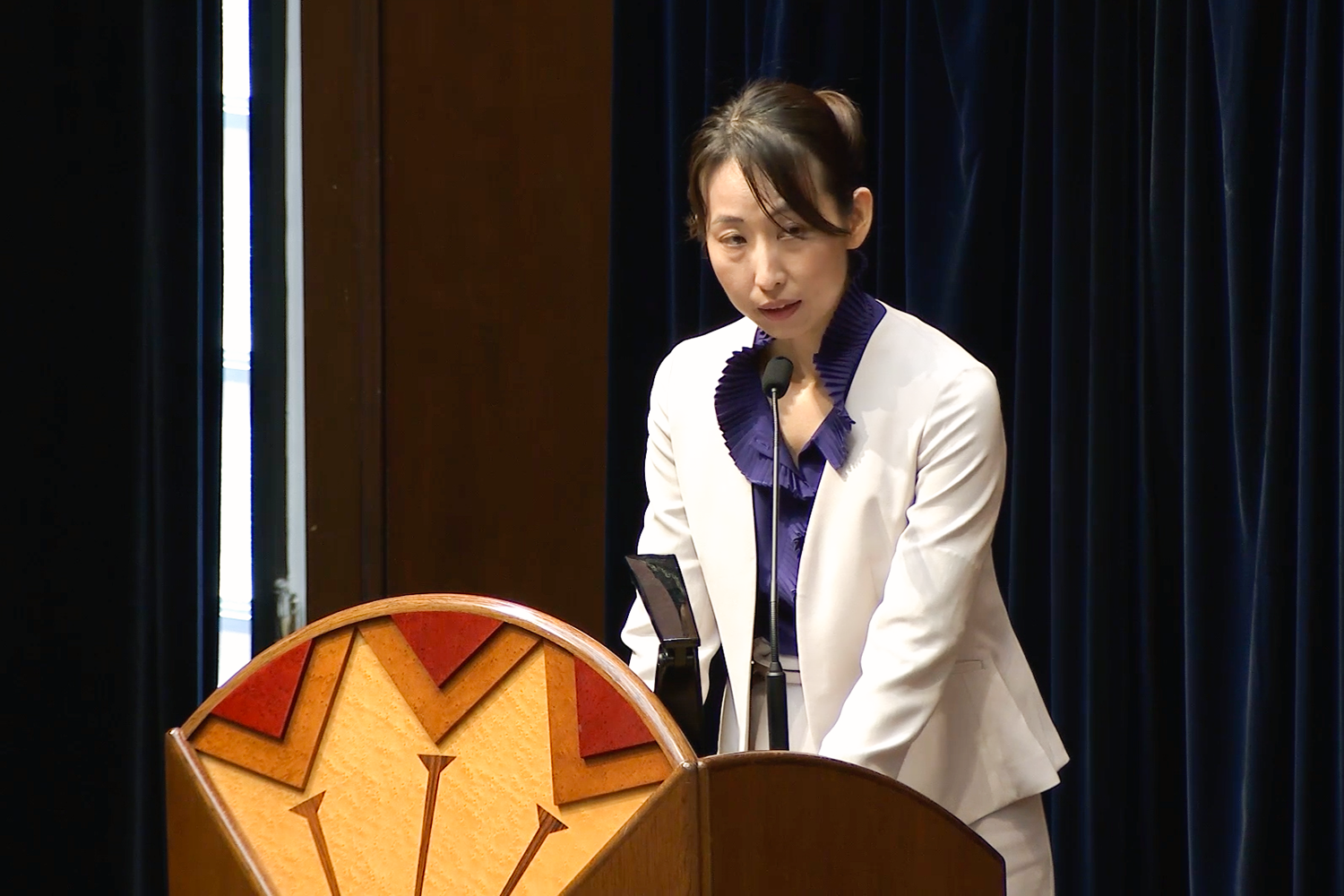
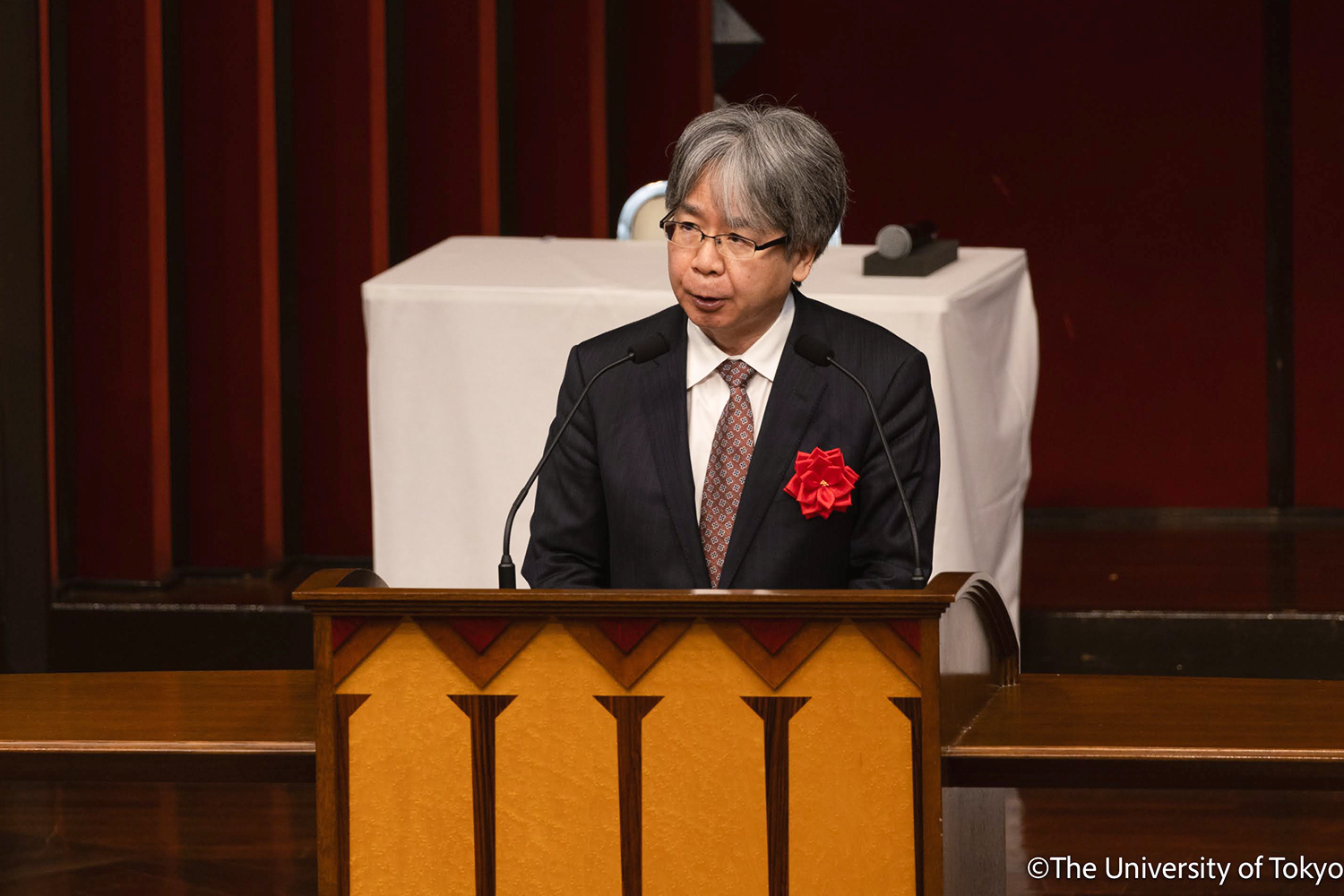
.png)
第1部
生成AIが切り拓く未来
司会/モデレータ

宮川 美津子
TMI総合法律事務所
パートナー弁護士
パネリスト
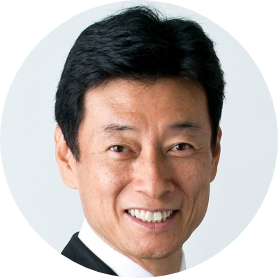
西村 康稔
経済産業大臣
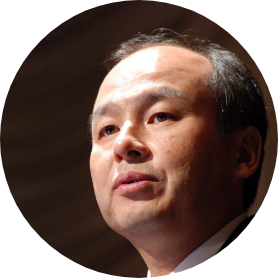
孫 正義
ソフトバンクグループ
株式会社 代表取締役
会長兼社長執行役員

シェイン・グウ
(Shane Gu)
OpenAI
ChatGPT開発チーム幹部
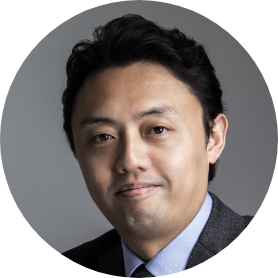
松尾 豊
東京大学大学院
工学系研究科 教授
(AI戦略会議座長)
ChatGPTに代表される生成AIが、ビジネスや教育の現場に急速に浸透しつつある。爆発的な産業の発展も期待される一方、人間の代名詞である高度な知的活動がAIに取って代わられるのではないかという危惧が呈されている。生成AIの技術的な現状や今後の開発の方向性について議論された後で、AI開発における世界での動きや日本の位置づけ、日本政府による強力な支援策も含め、今後の生成AIの発展に日本の産業がどう関わっていくべきか、経済界・政界・アカデミアの立場でのビジョンが示された。
Generative AI, including ChatGPT, is rapidly penetrating business and education. While explosive industrial development is expected, fears have been raised that AI may replace the intellectual activities synonymous with humans. After discussing the technological status and direction of the future development of Generative AI, the panelists talked about the global trends in AI development, Japan's position in this field, the strong initiatives of the Japanese government, and how Japanese industry should be involved in the future development of Generative AI. Such visions are given from the different perspectives of the speakers, such as business, politics, and academia.
.png)
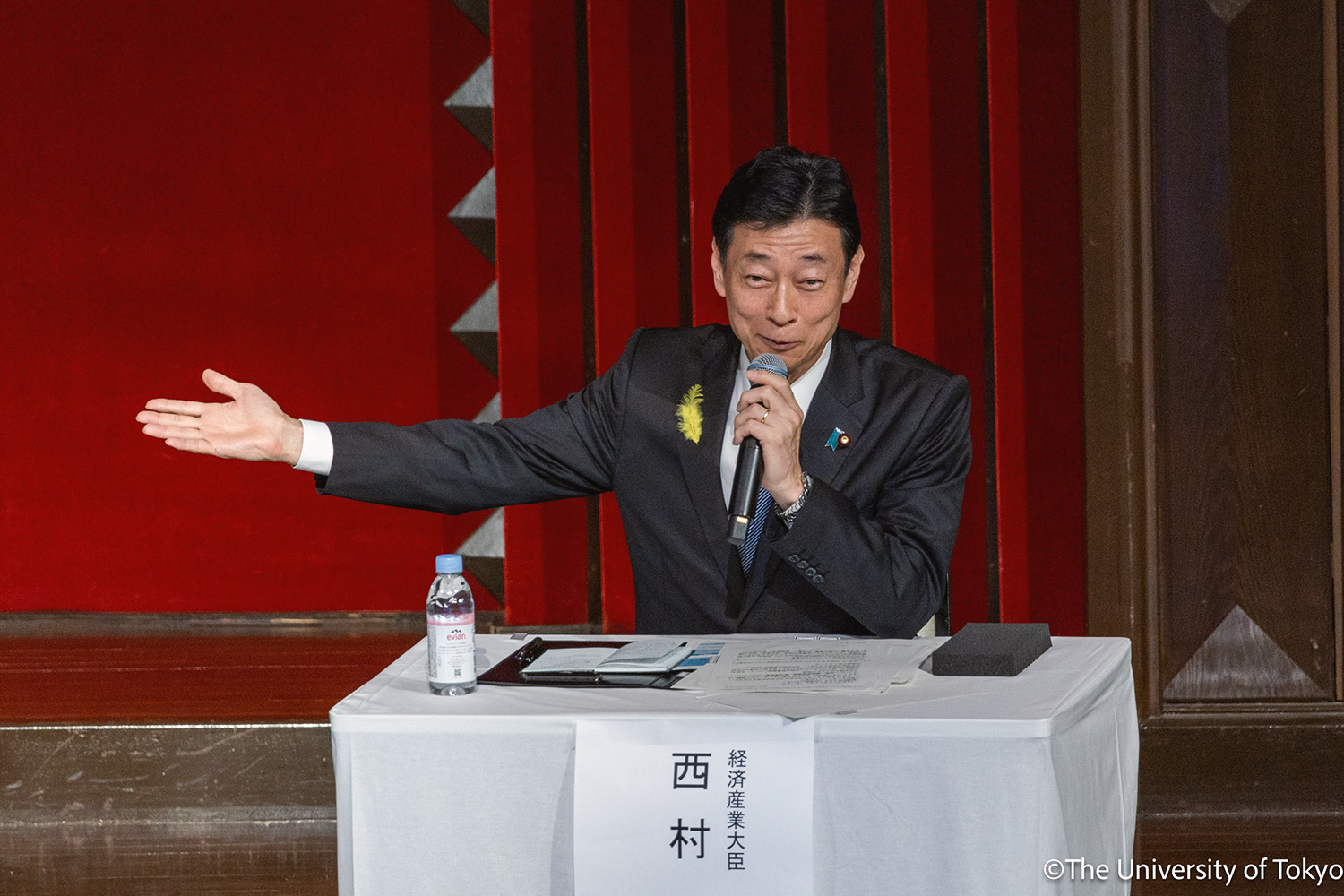
.png)
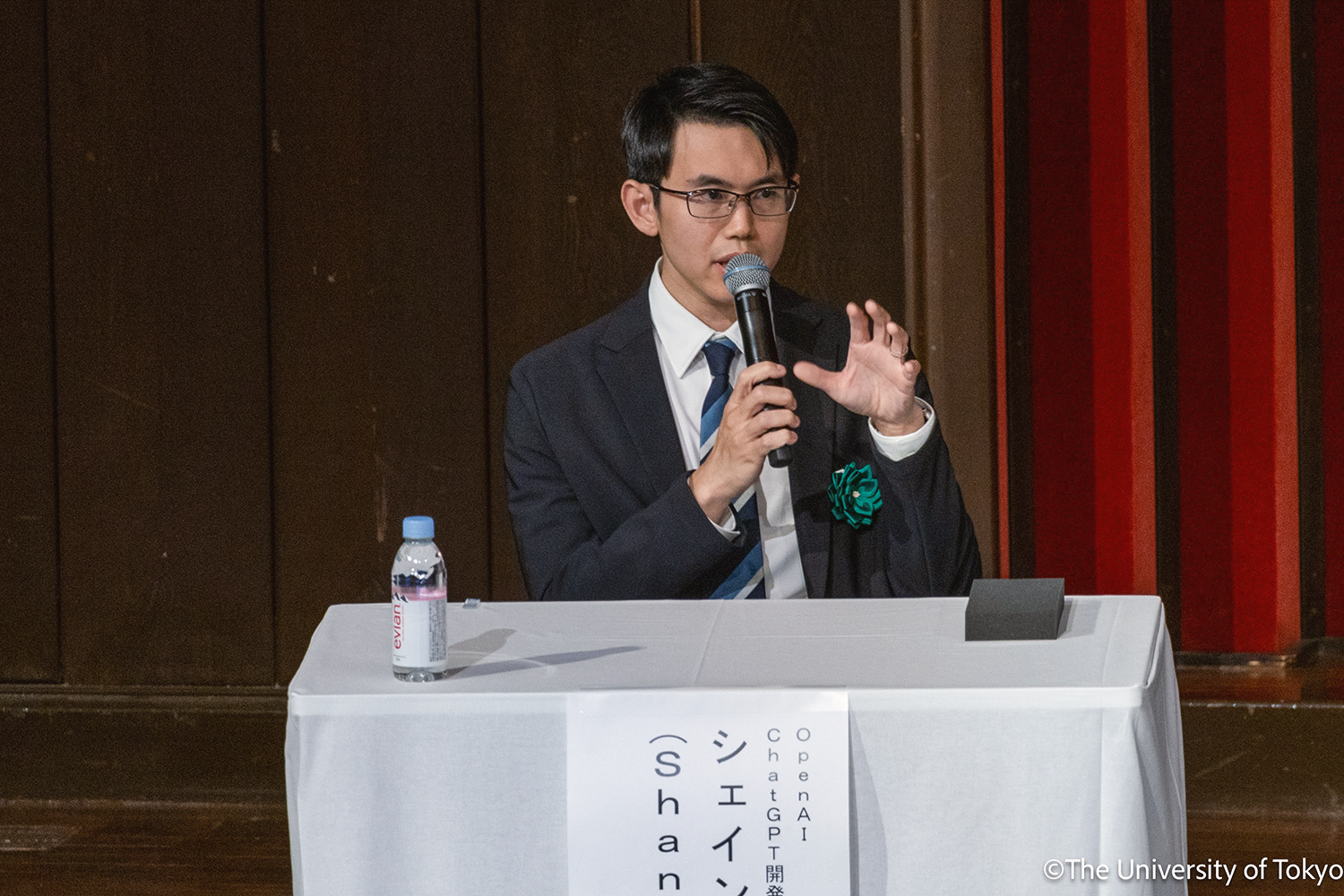
.png)
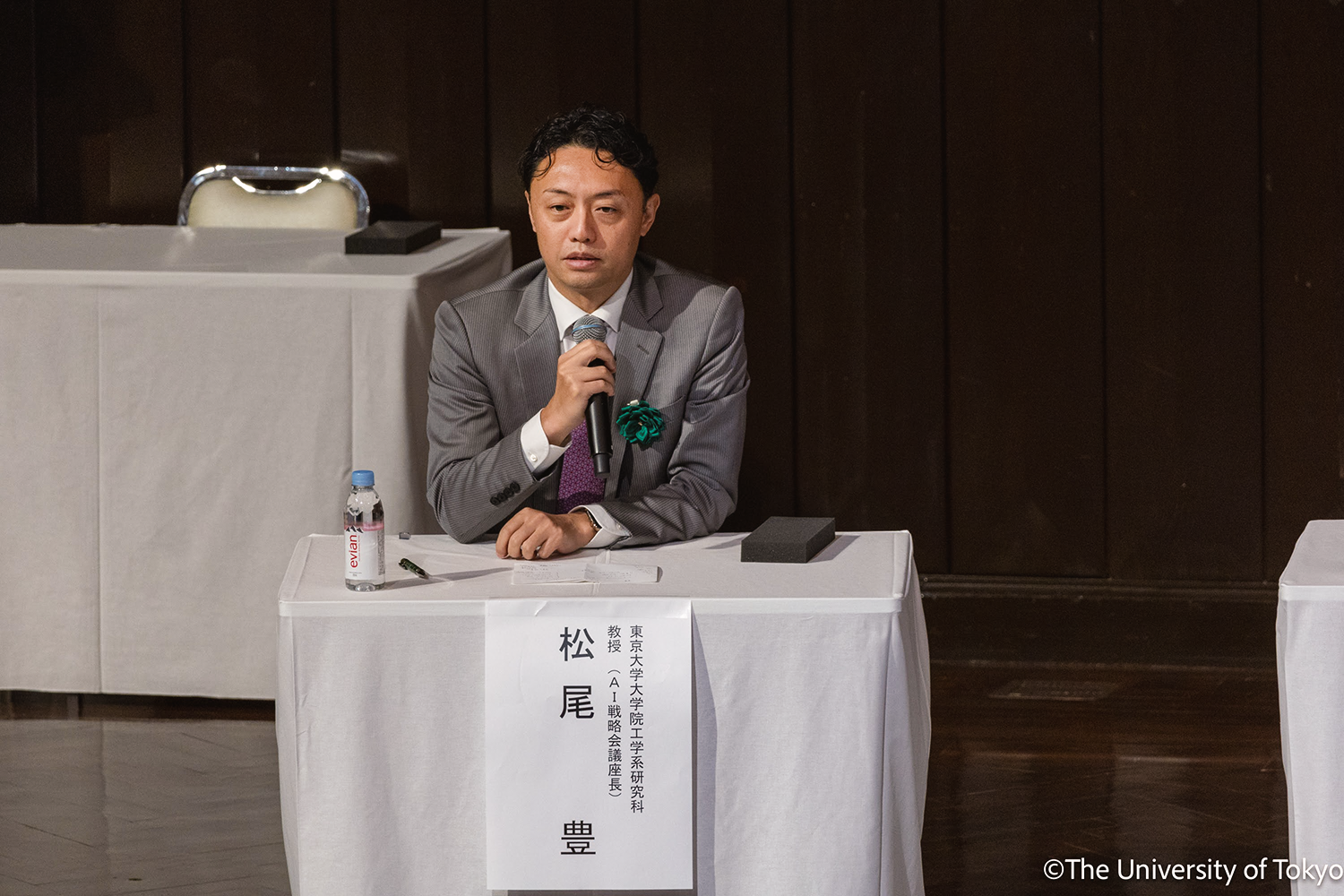
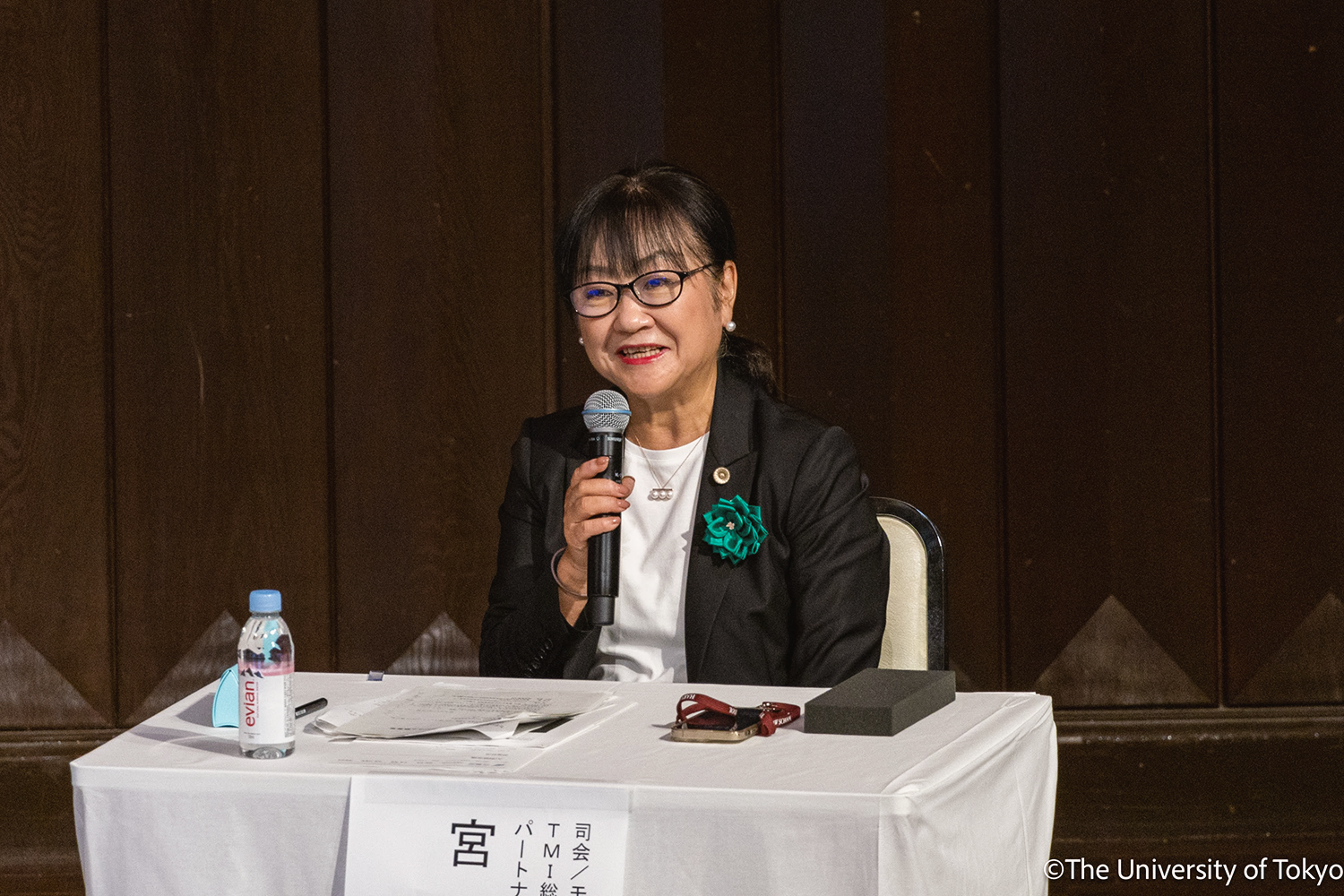
.png)
第2部
行政機関(政府・自治体)における生成 AIの利用と課題
司会/モデレータ
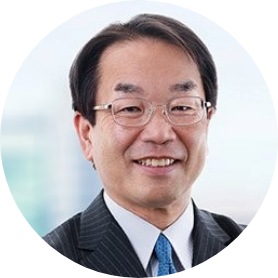
境田 正樹
TMI総合法律事務所
パートナー弁護士
パネリスト
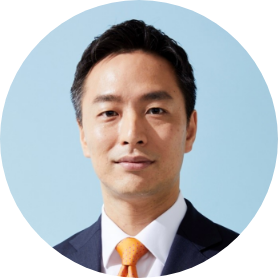
村井 英樹
内閣総理大臣補佐官
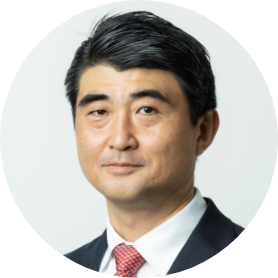
郷治 友孝
株式会社東京大学エッジ
キャピタルパートナーズ(UTEC)
代表取締役社長CEO・
マネージングパートナー
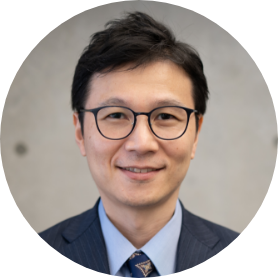
川原 圭博
東京大学大学院
工学系研究科 教授
(AI戦略会議構成員)

須賀 千鶴
経済産業省
商務情報政策局
情報経済課長/
デジタル庁参事官
行政機関(政府・自治体)において、どのようなルールで生成AIを利活用するか、また、生成AIの利活用により行政をどのように効率化し、また、行政からイノベーションをどのように創出するか。行政機関で急速に議論が進んでいる現在の状況について紹介された。また、近未来的に急いで実施すべき施策から、より長期的な展望も含めた戦略まで、行政、民間、アカデミアにおける役割分担や連携も含めた広範な議論が行われた。パネリストからは、それぞれの立場や経験に基づく、力強いメッセージが学生へ送られた。
Generative AI will be used in government (central and local), but under what rules? How can this new technology improve the efficiency of public administration and how can the government support further innovation? The panelists presented the current and progressive discussions in government agencies and discussed a wide range of issues, from individual actions for near-term improvements to initiatives with a longer-term perspective, including the roles and collaboration between government, the private sector and academia. The panelists also delivered powerful messages to the students based on their respective positions and experiences.
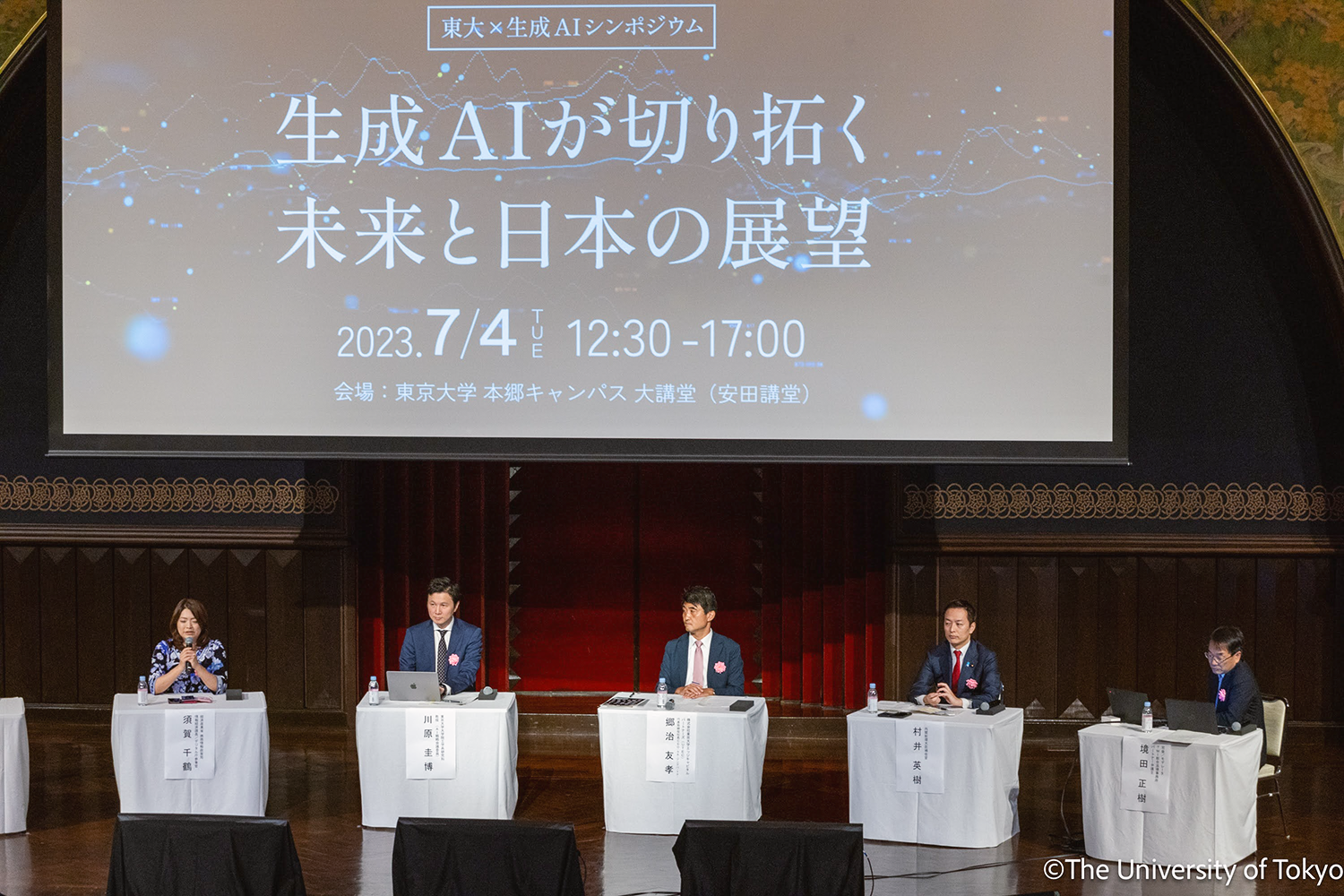
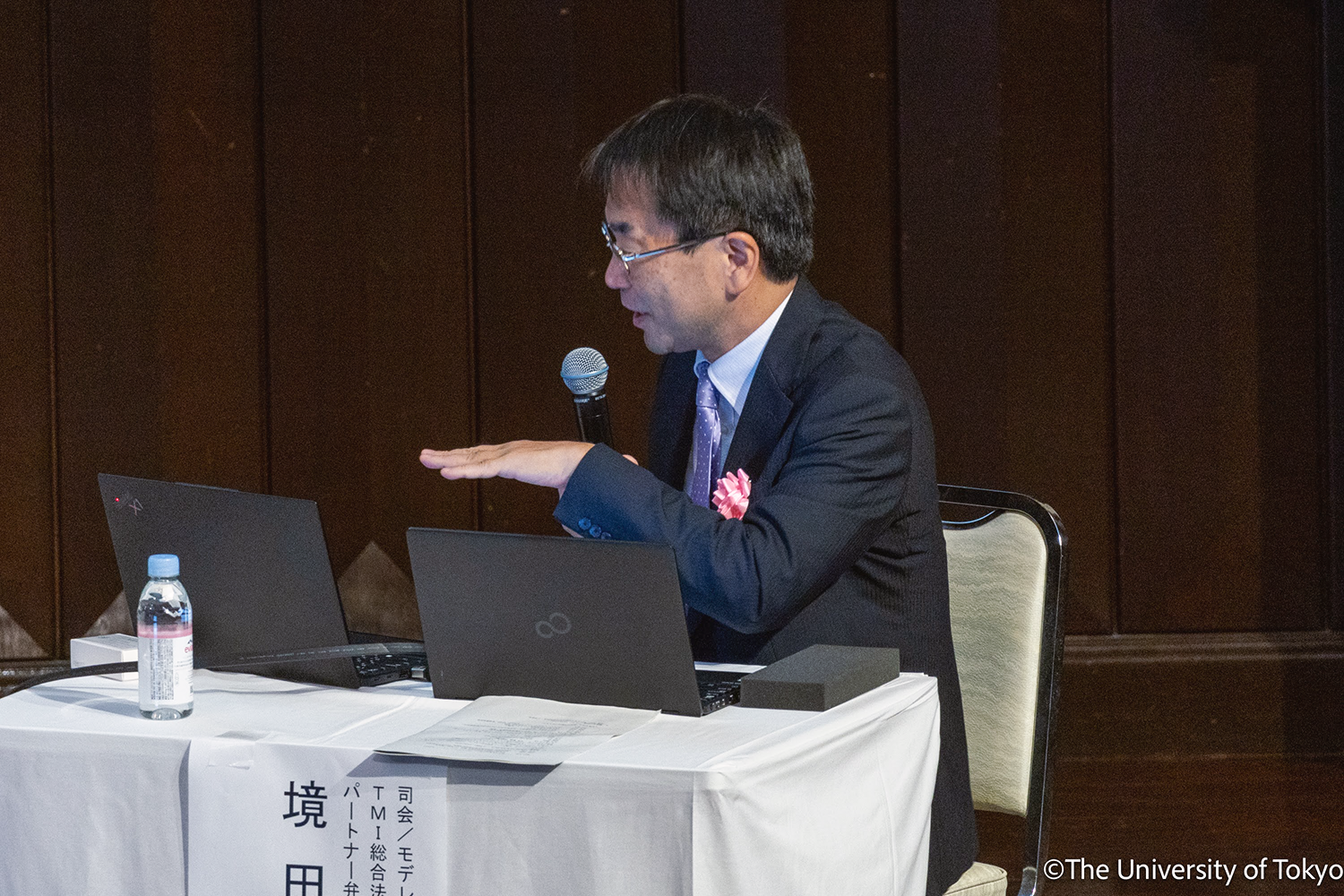
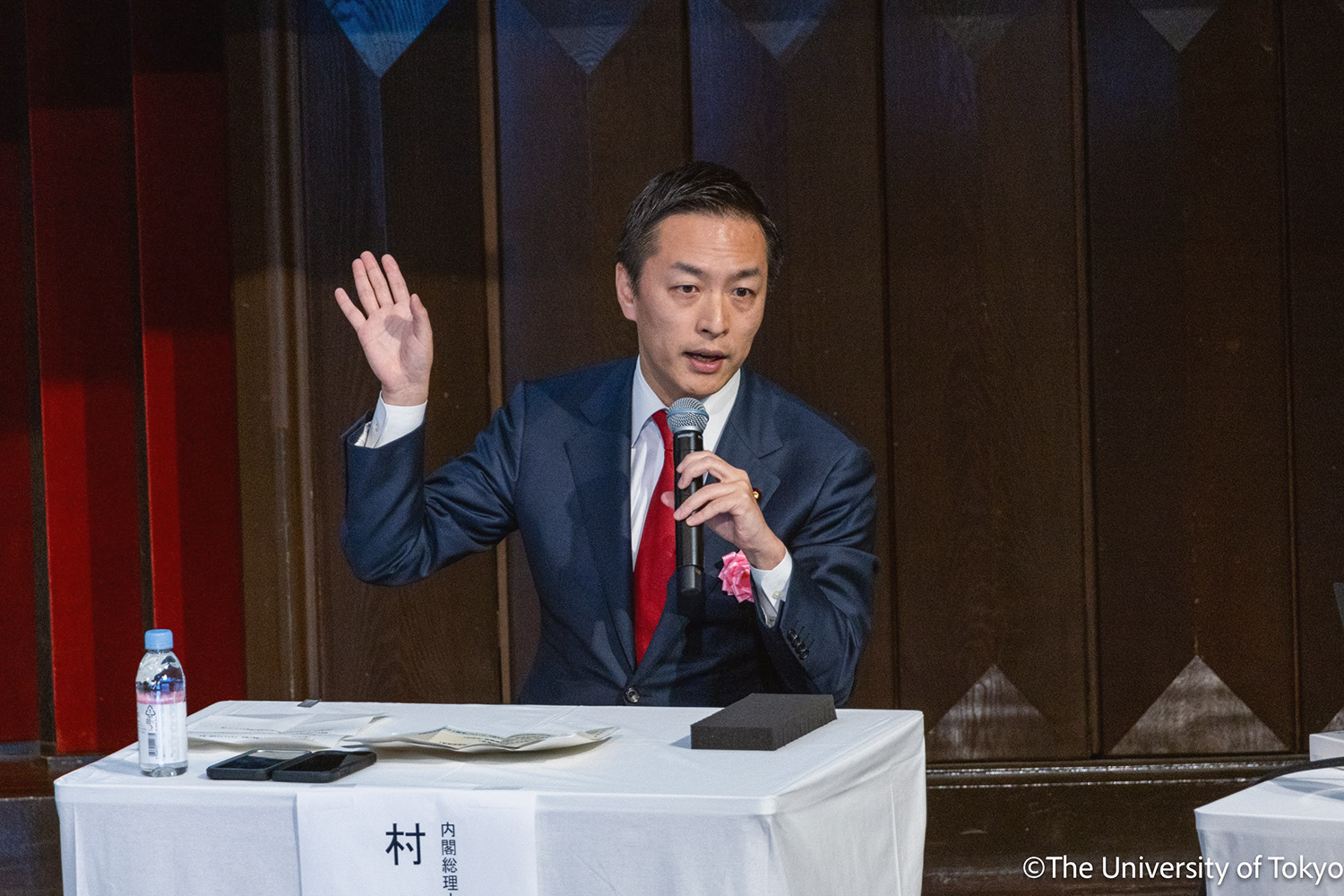
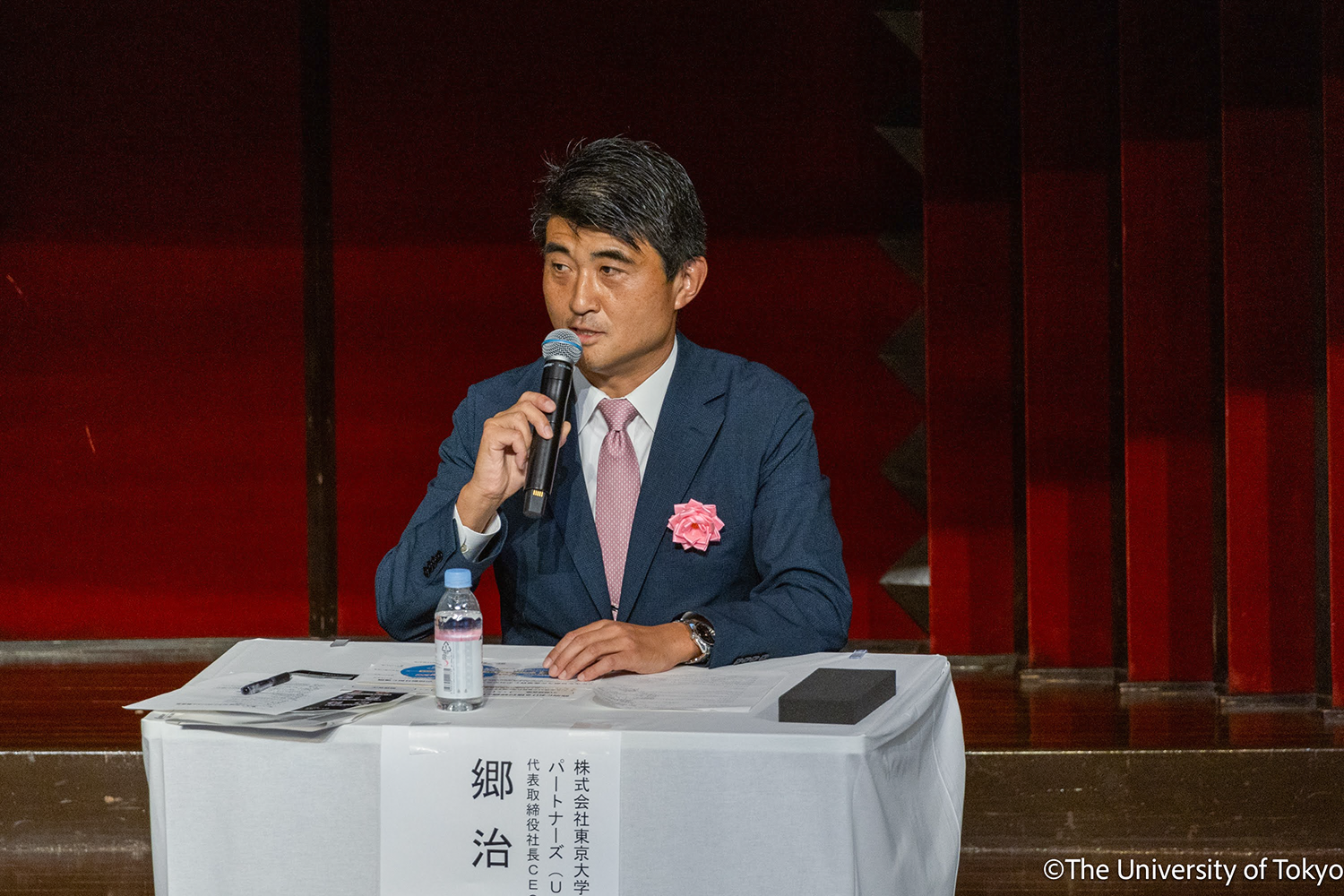
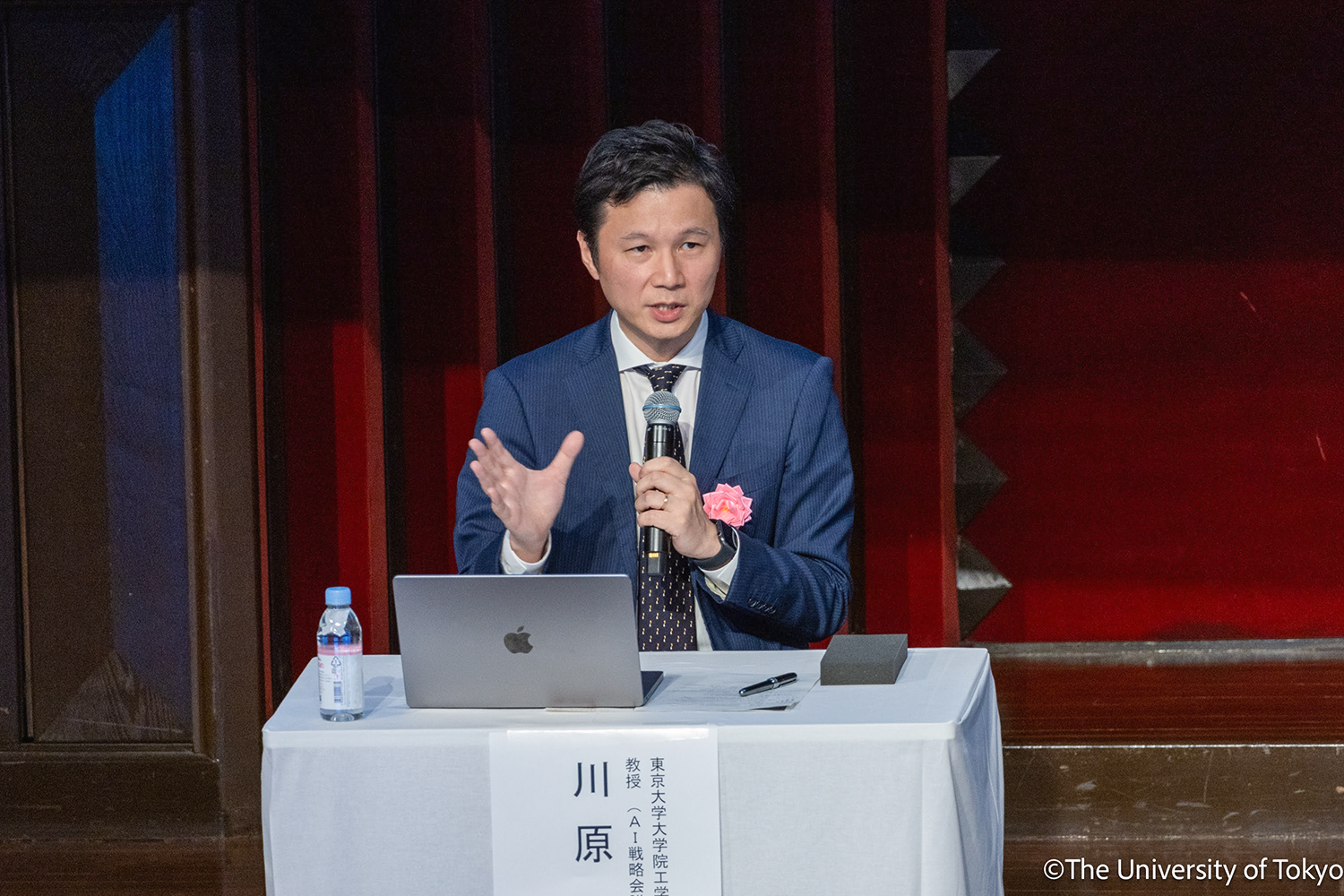
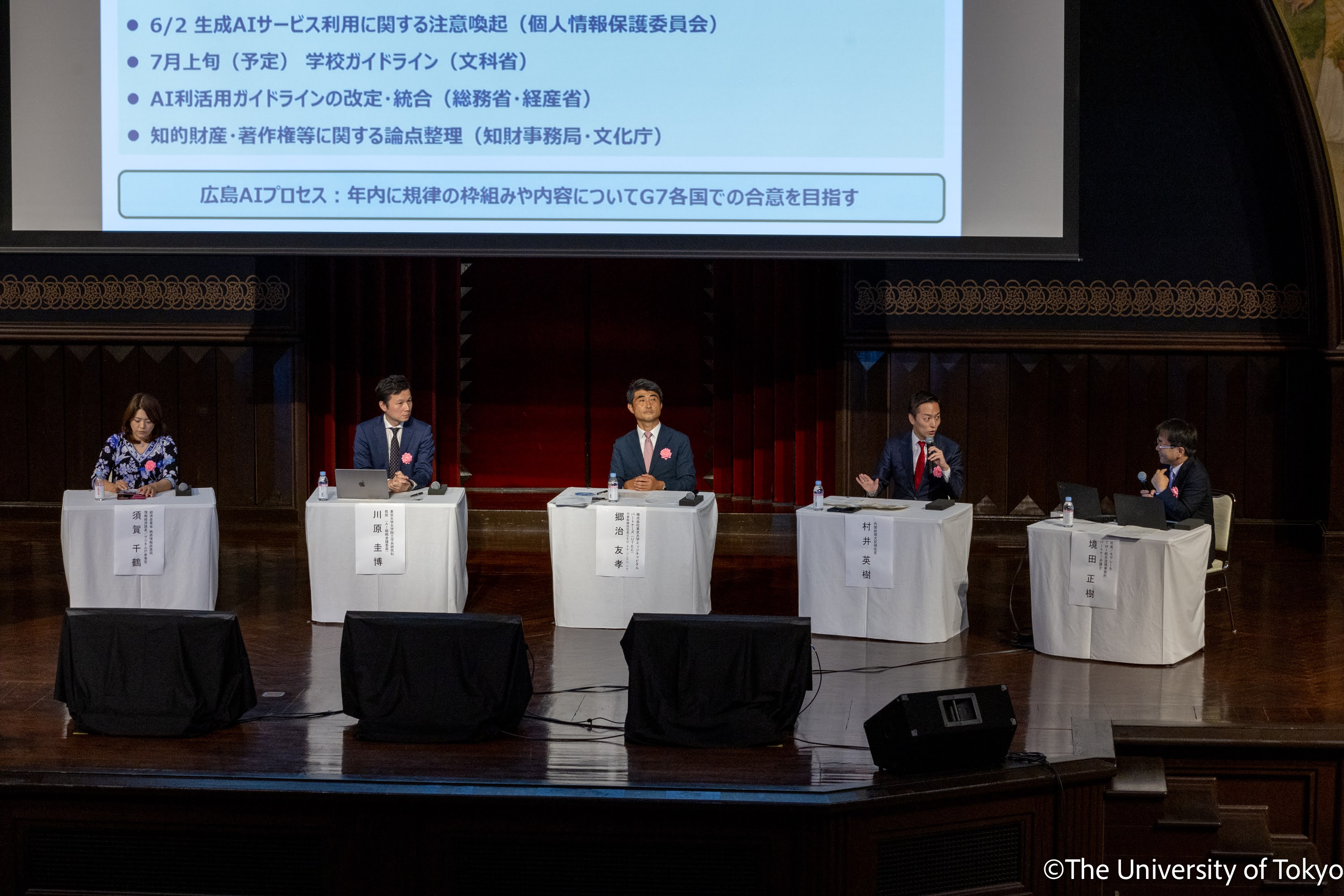
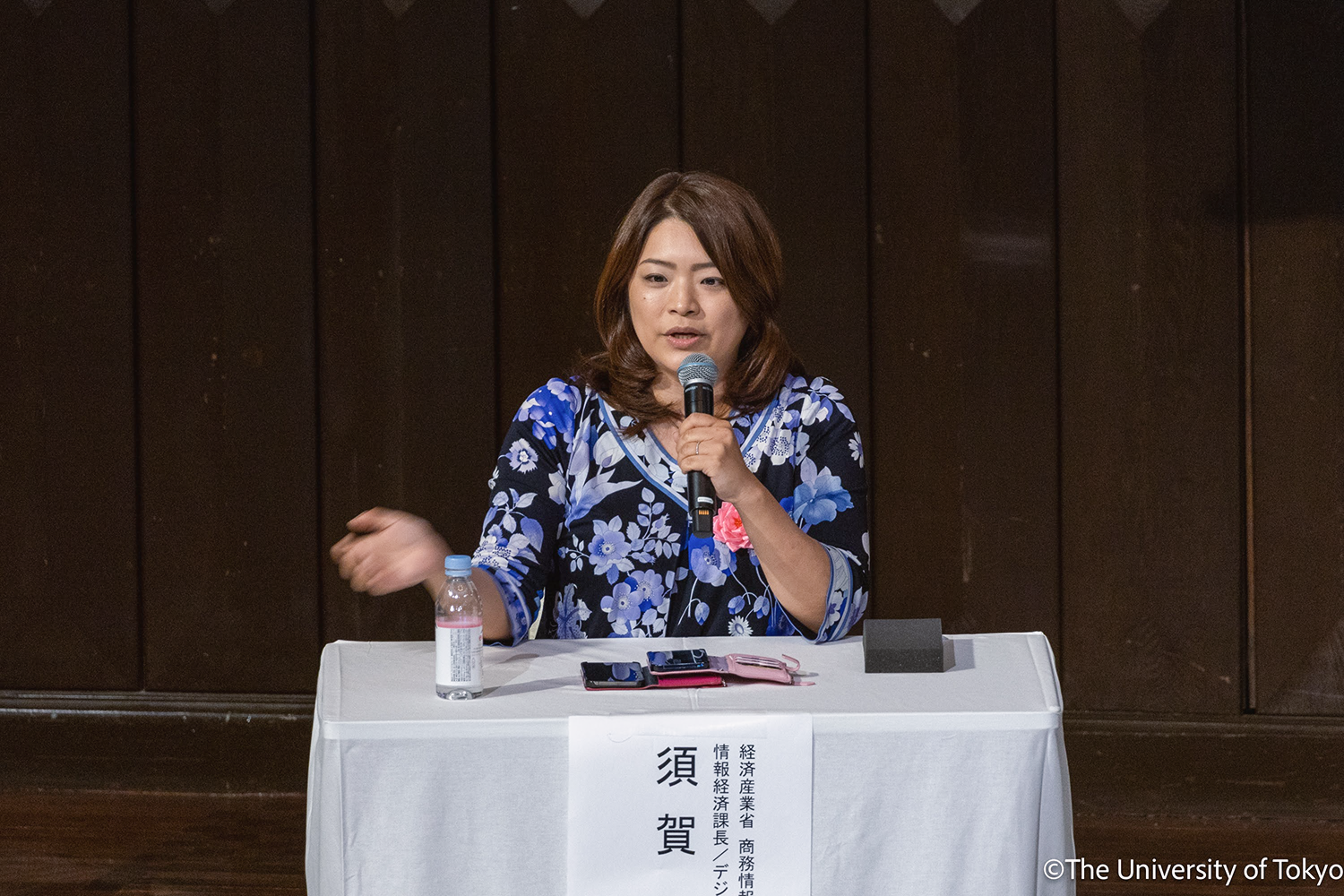

第3部
広島AIプロセスについて
司会/モデレータ
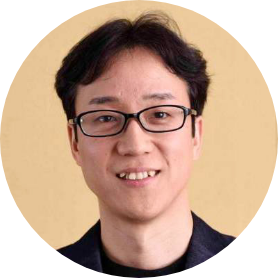
大井哲也
TMI総合法律事務所
パートナー弁護士
パネリスト
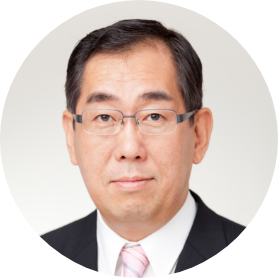
松本 剛明
総務大臣
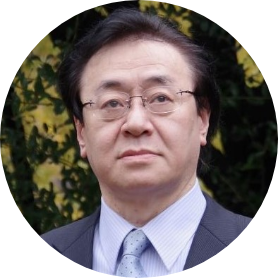
須藤 修
中央大学
国際情報学部 教授
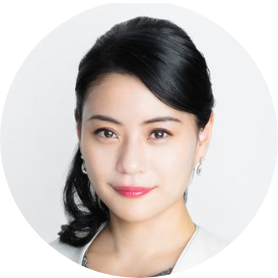
平野 未来
シナモンAI
代表取締役Co-CEO
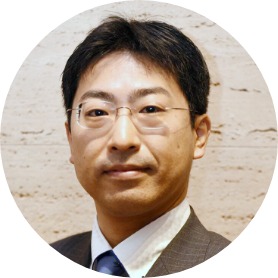
宍戸 常寿
東京大学大学院
法学政治学研究科 教授
生成AIについては、広島サミット首脳宣言において、「生成人工知能(AI)に係る議論を年内に行うため、「広島AIプロセス」を立ち上げるよう関係閣僚に指示する。」とされ、G7各国による議論が日本主導で行われることとなった。広島AIプロセスを通じて合意される生成AIのガバナンス等の在り方はどのようなものであるべきか、その国内実装のあるべき姿はなにかなどについて議論した。
The leaders at the Hiroshima Summit instructed their top officials to establish the "Hiroshima AI Process" to discuss generative AI among the G7 nations under the leadership of Japan. Based on this fact, the panelists discussed what kind of governance and other aspects of generative AI should be agreed upon through the Hiroshima AI Process, and what the ideal form of domestic implementation of generative AI should be.
.jpg)
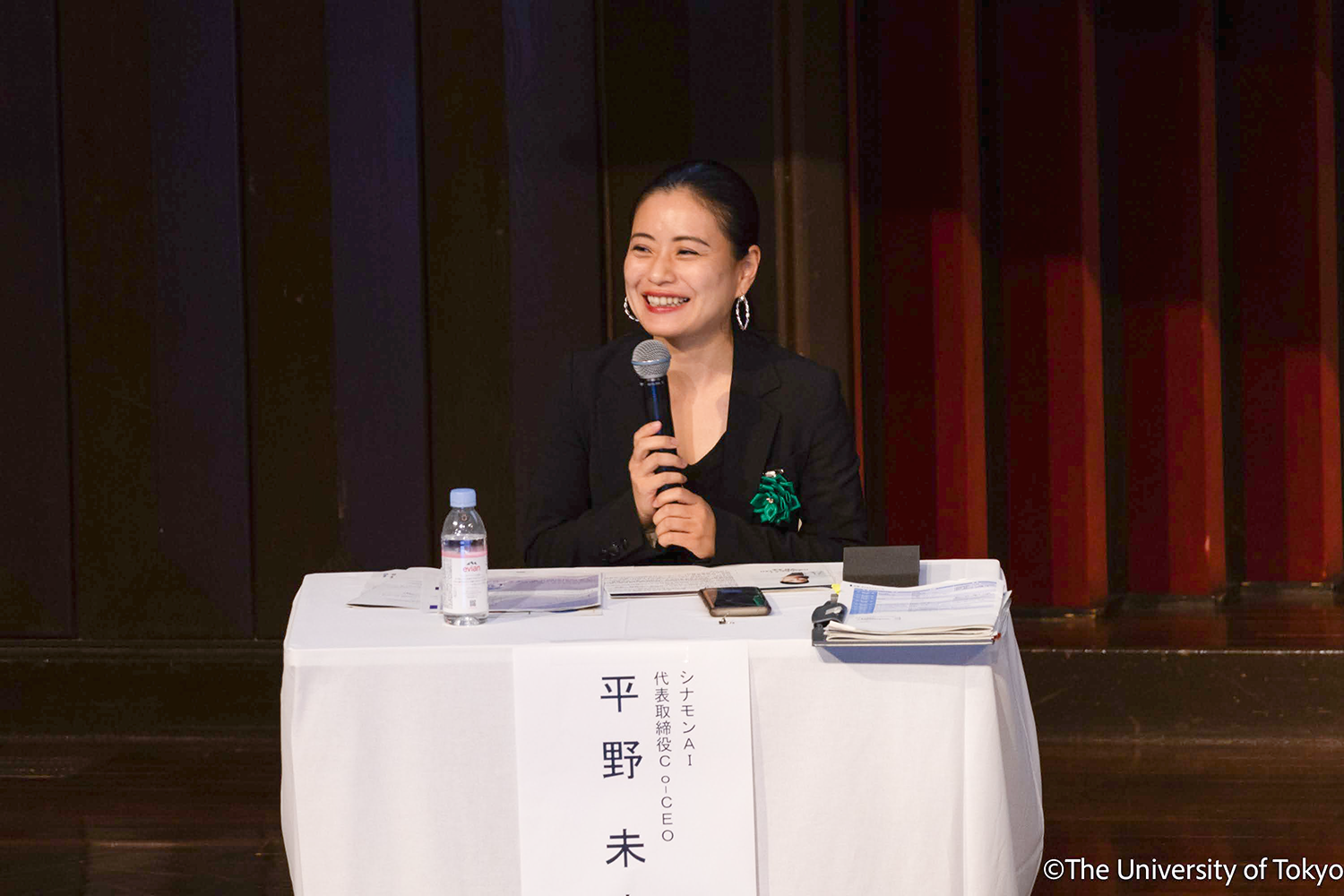
.jpg)
.jpg)
.jpg)
.jpg)
.jpg)

第4部
生成AIと研究・教育
司会/モデレータ
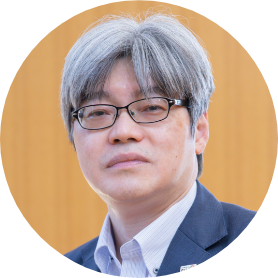
坂田一郎
東京大学総長特別参与・教授
パネリスト
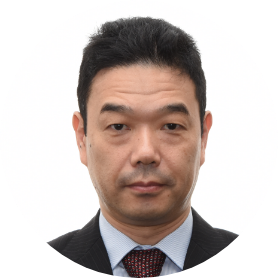
西條 正明
文部科学省
大臣官房審議官
(高等教育局及び科学技術政策連携担当)
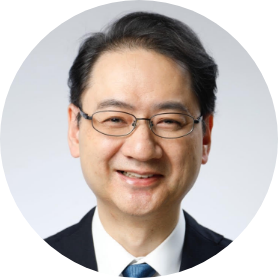
太田 邦史
東京大学
理事・副学長
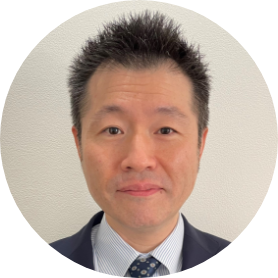
柴野 相雄
TMI総合法律事務所
パートナー弁護士
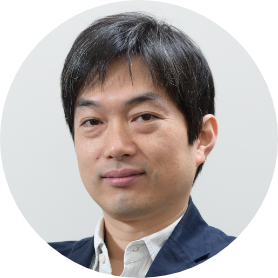
宮尾 祐介
東京大学大学院
情報理工学系研究科
教授
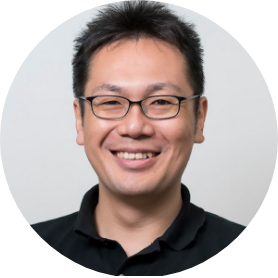
下田 倫大
グーグル・
クラウド・ジャパン
合同会社 AI/ML
事業開発部長
AI分野は成長分野であり、これを牽引する大学等の役割は多岐にわたるが、日本のAI産業を発展させるためには先端的かつ専門的な研究・教育が不可欠である。研究・教育の在り方とともに研究・教育の成果をどのように産業に結びつけるか、研究・教育の成果をどのように守っていくか、という点などについて、研究室における実例の紹介や、これまでのAI技術発展の経緯などの紹介も含め、議論があった。
AI is a growing field, and universities and other institutions play a wide range of roles in driving this growth. The discussion included actual examples of research and education in laboratories and the history of AI technology development up to the present.
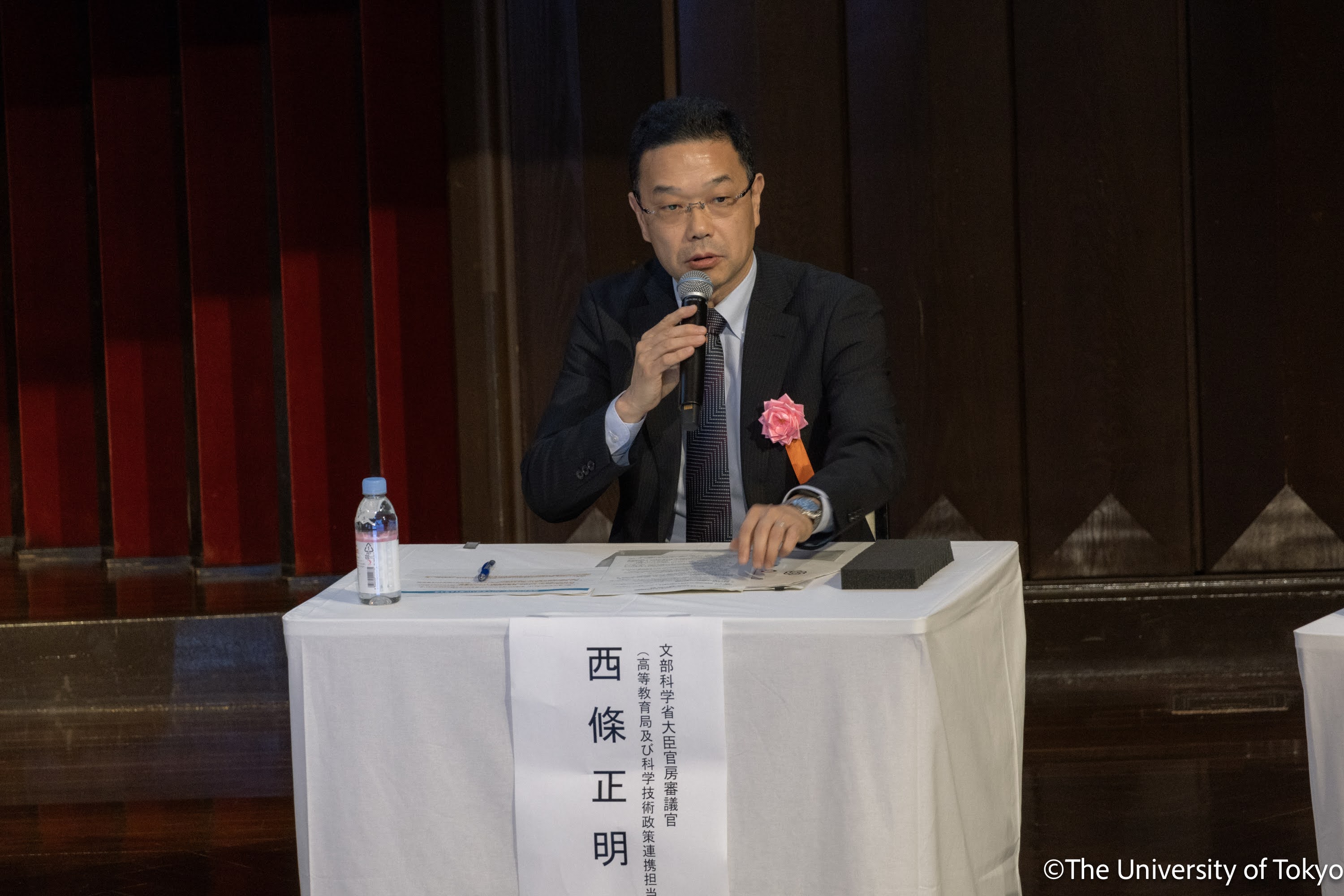
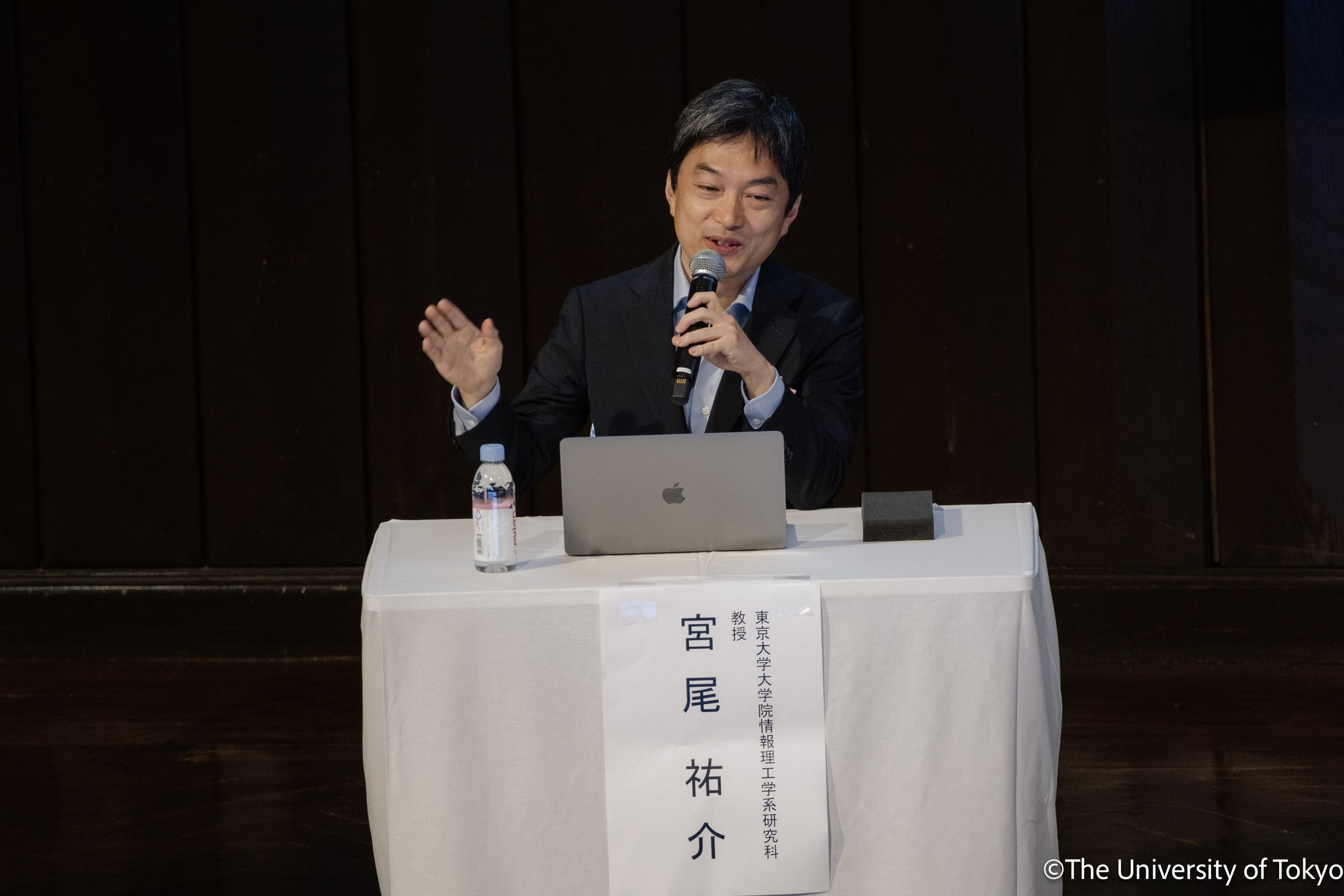
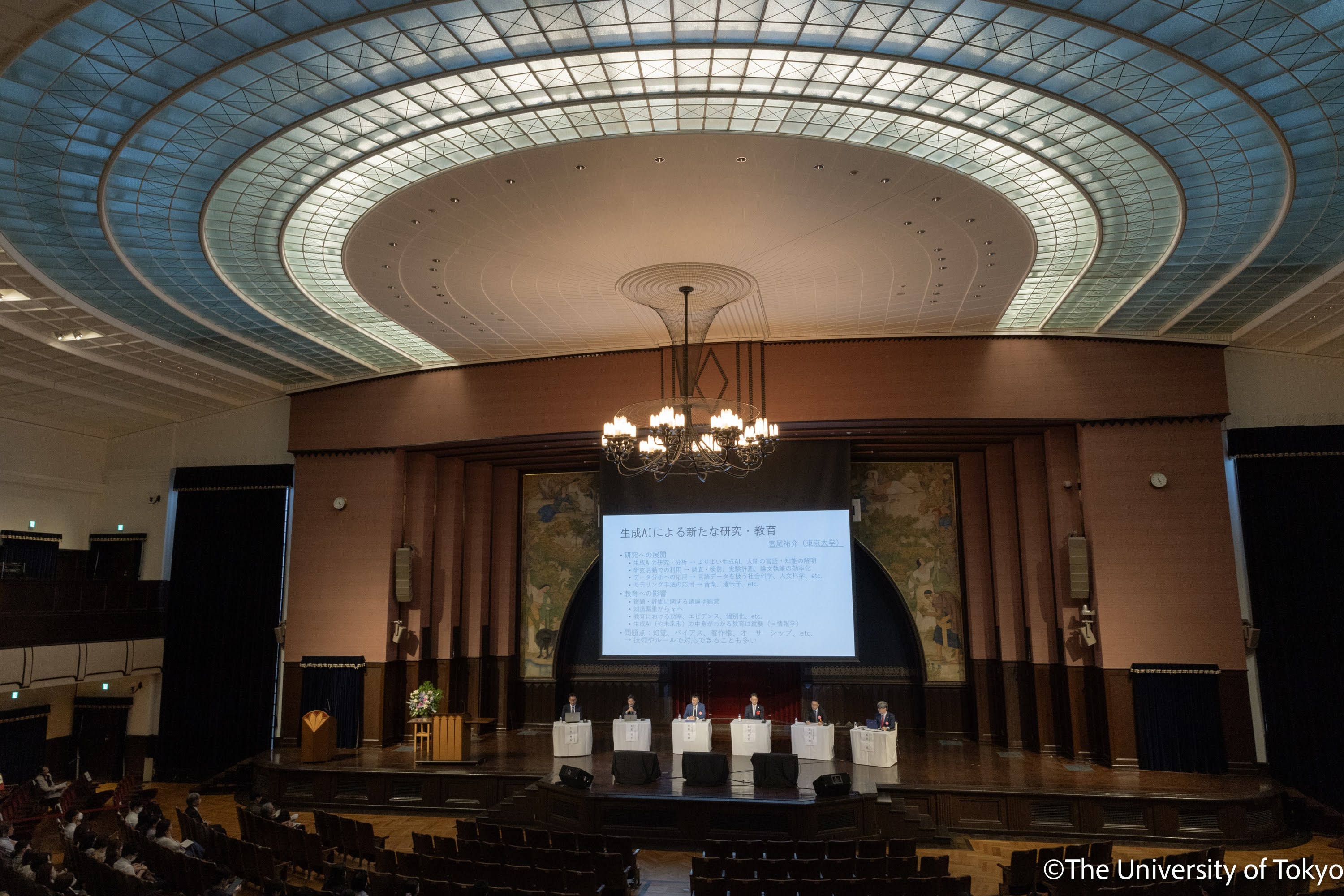
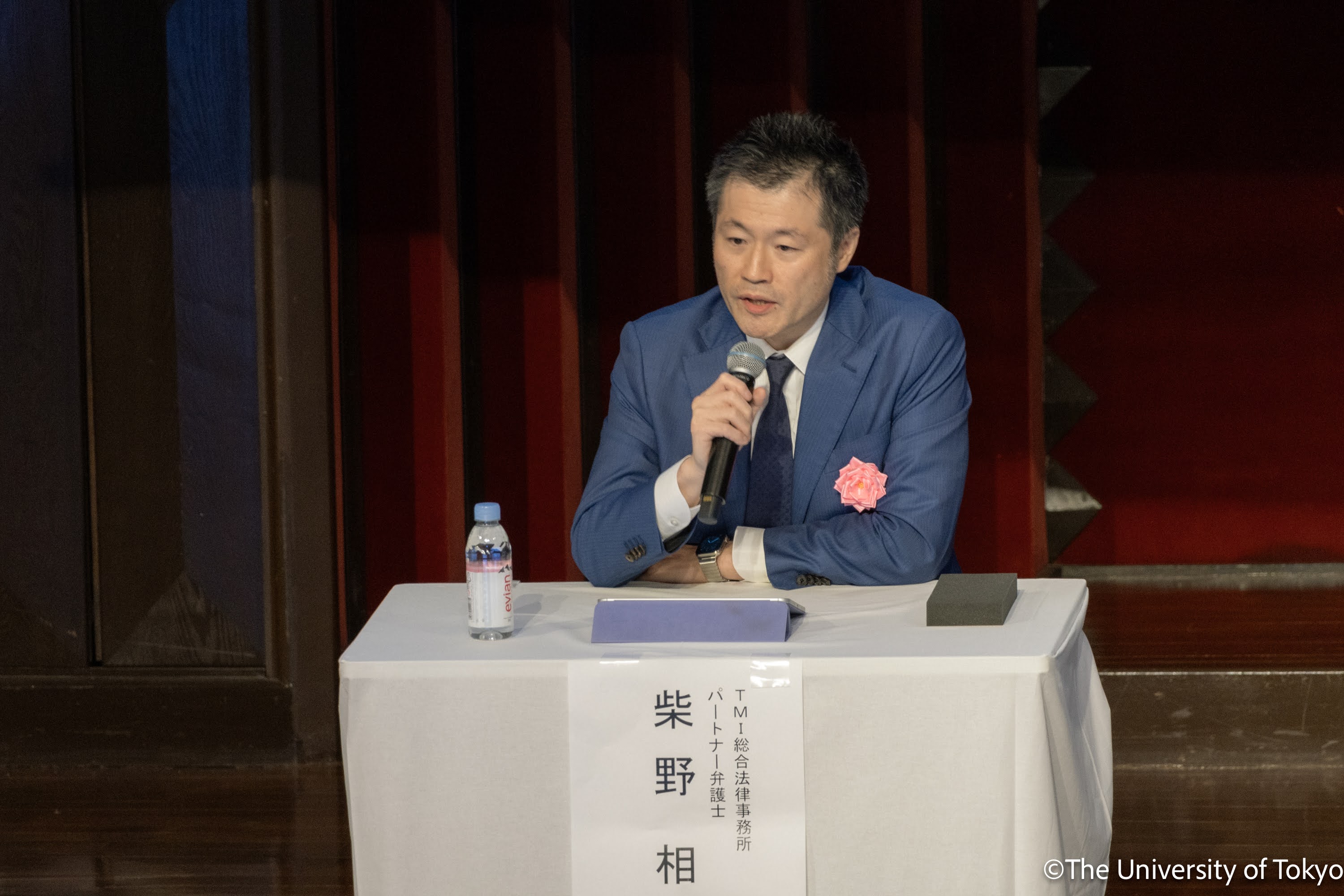
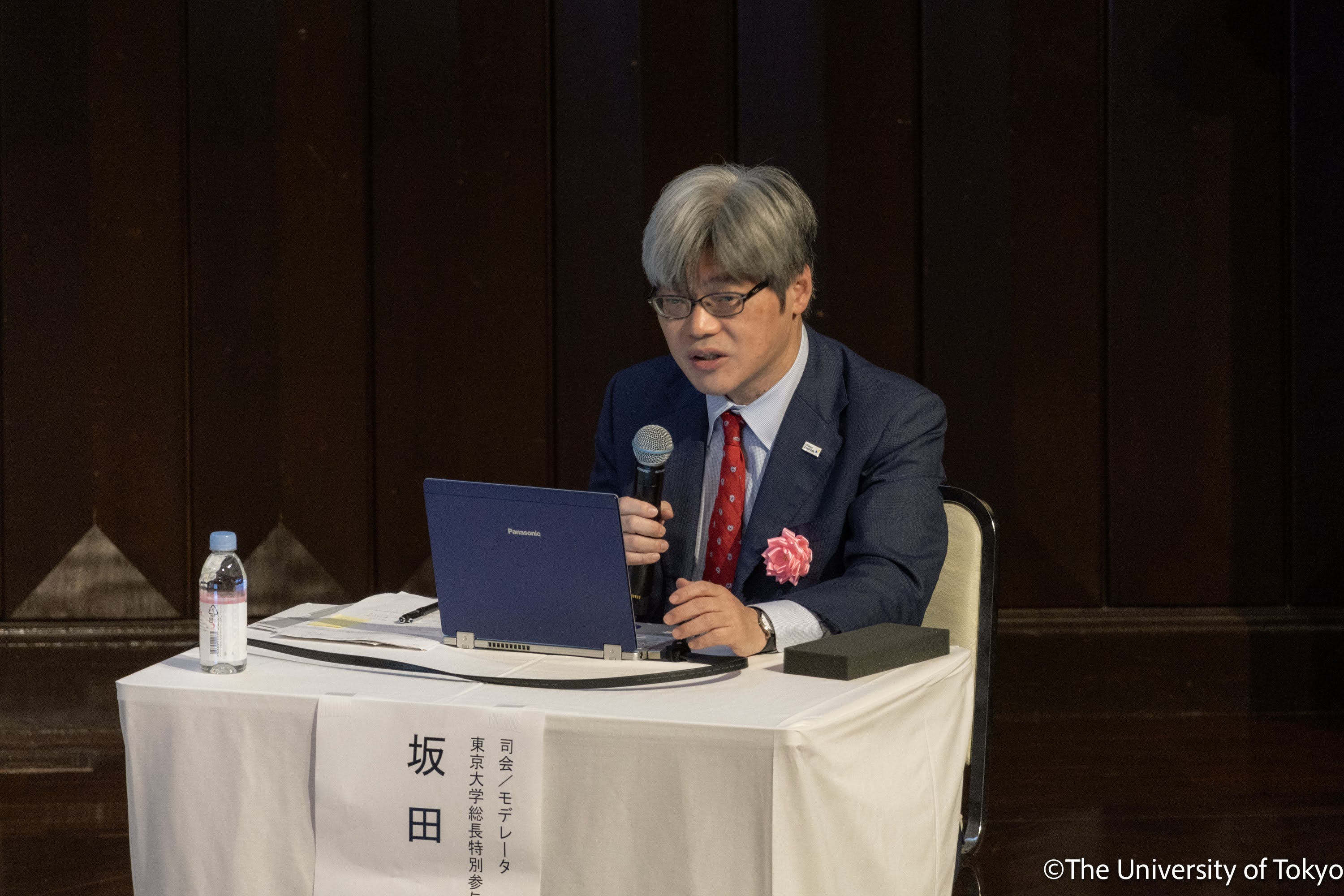
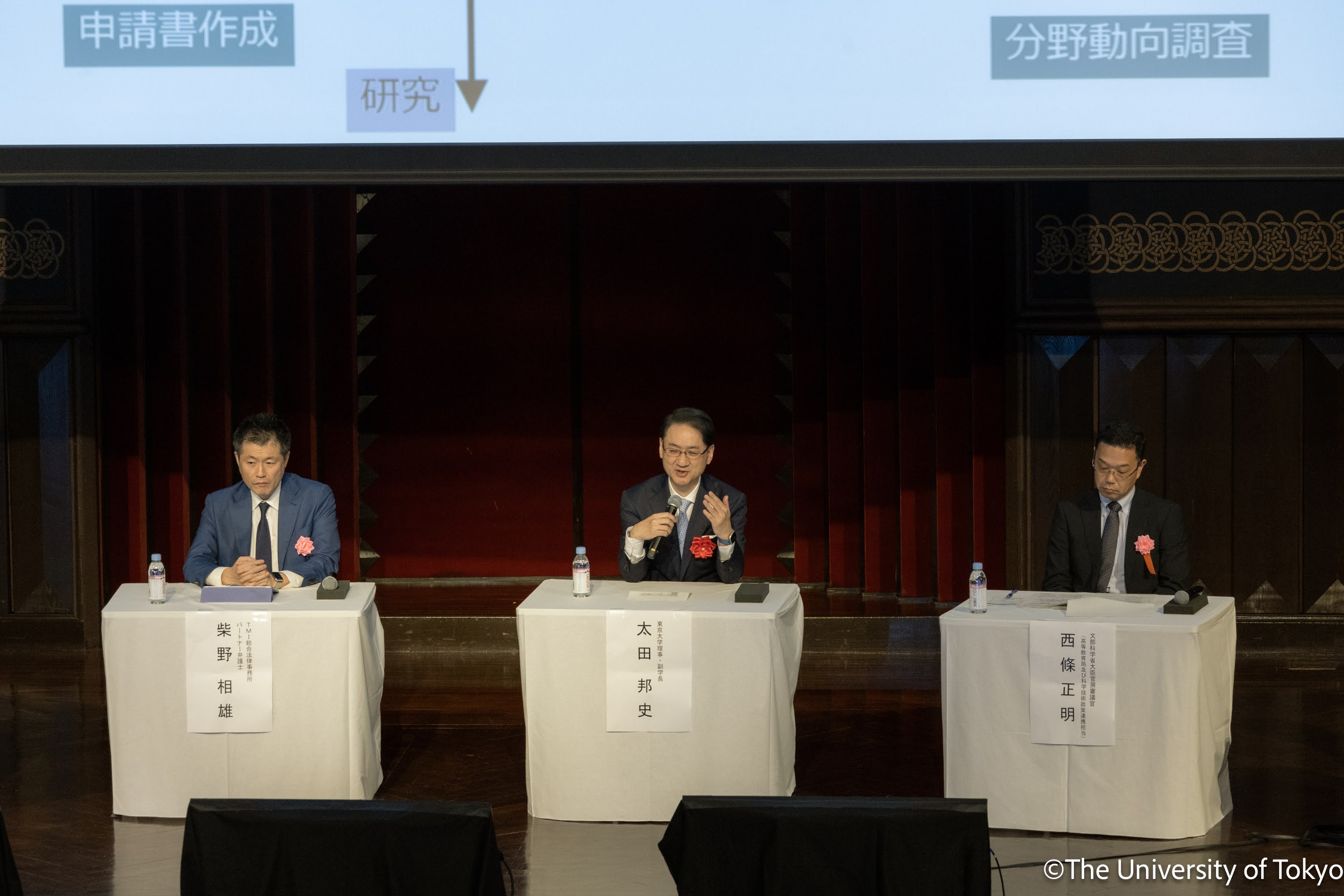
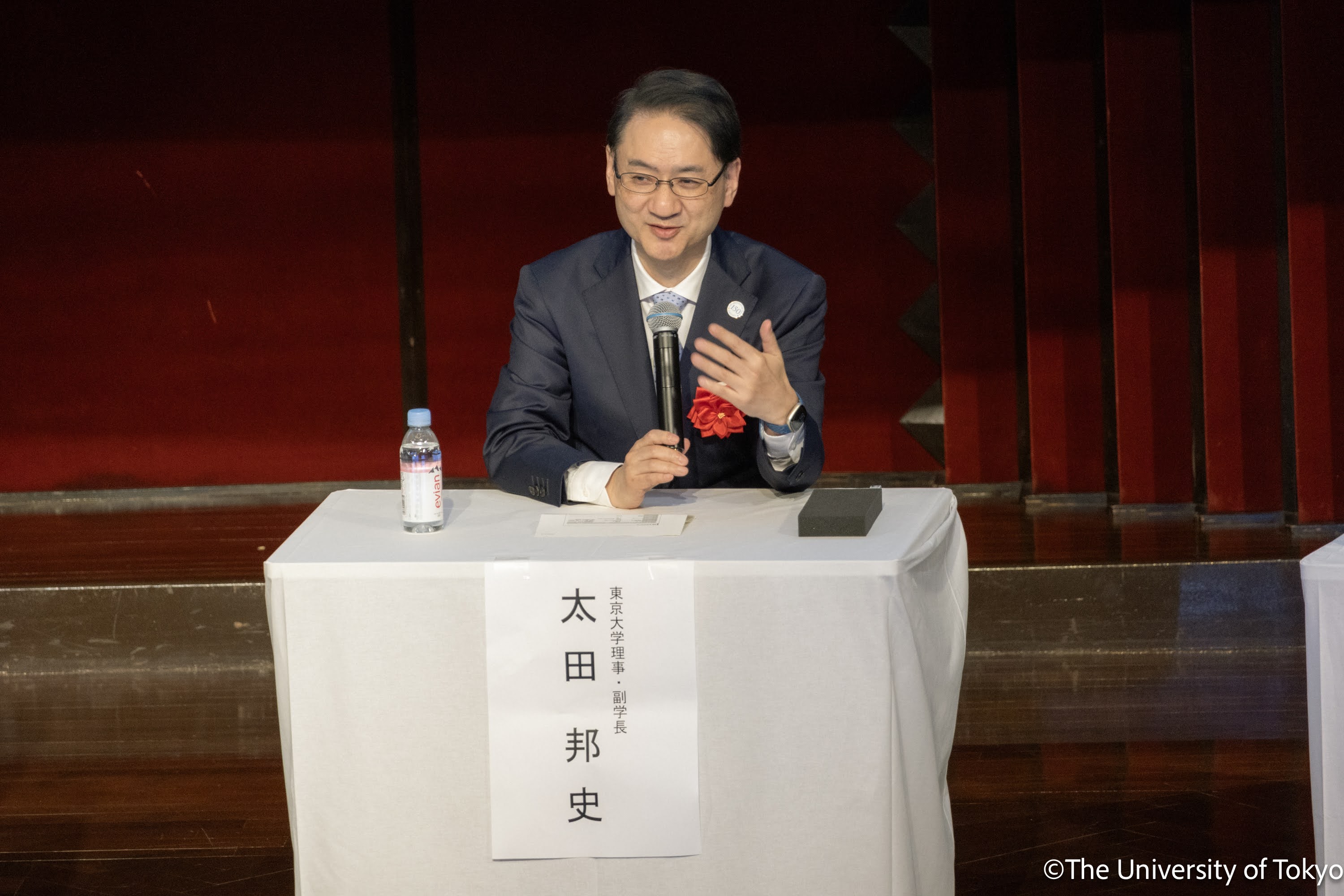
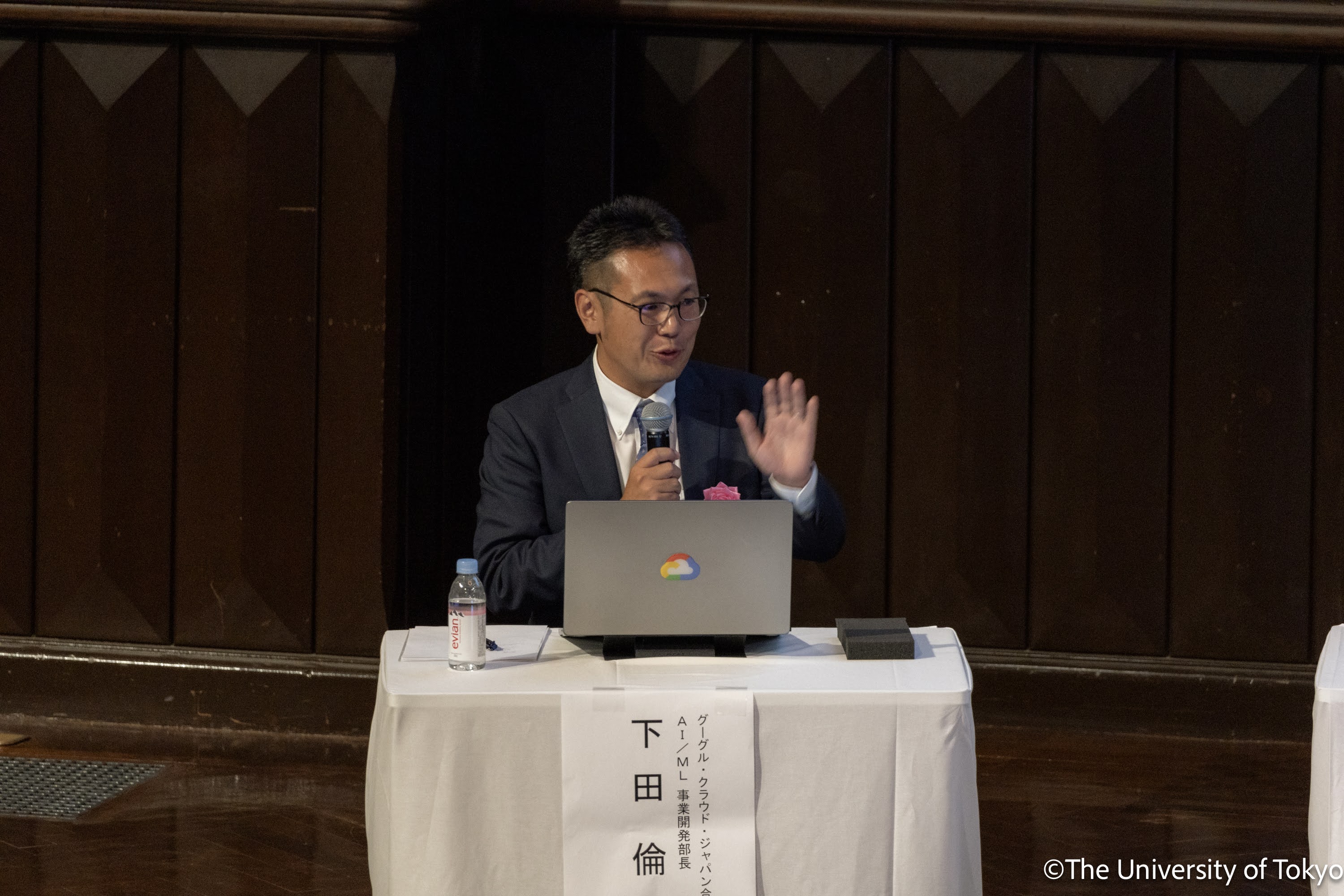
閉会挨拶
研究科長
加藤 泰浩
参加者への感謝とともに、今回のシンポジウムが生成AIに対する理解を深め、より良い未来社会へと我々が歩みを進めるための議論のきっかけになれば幸いである、という結びの挨拶があった。
In his closing remarks, the Dean of the School of Engineering Yasuhiro Kato thanked the participants and hoped that the symposium would help deepen understanding of generative AI and spark discussion on how we can move forward toward a better future society.
